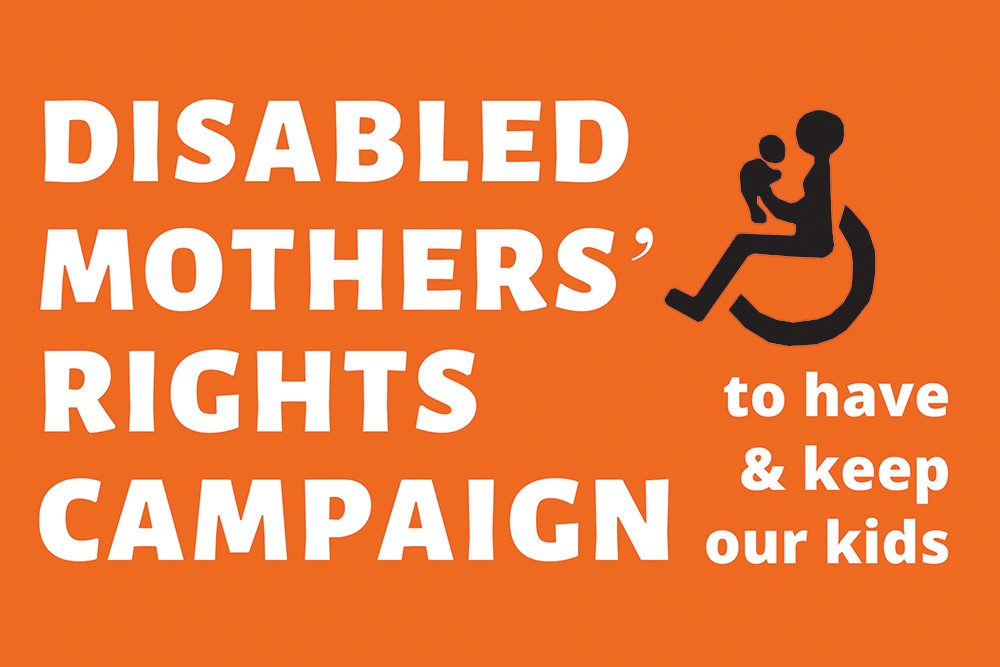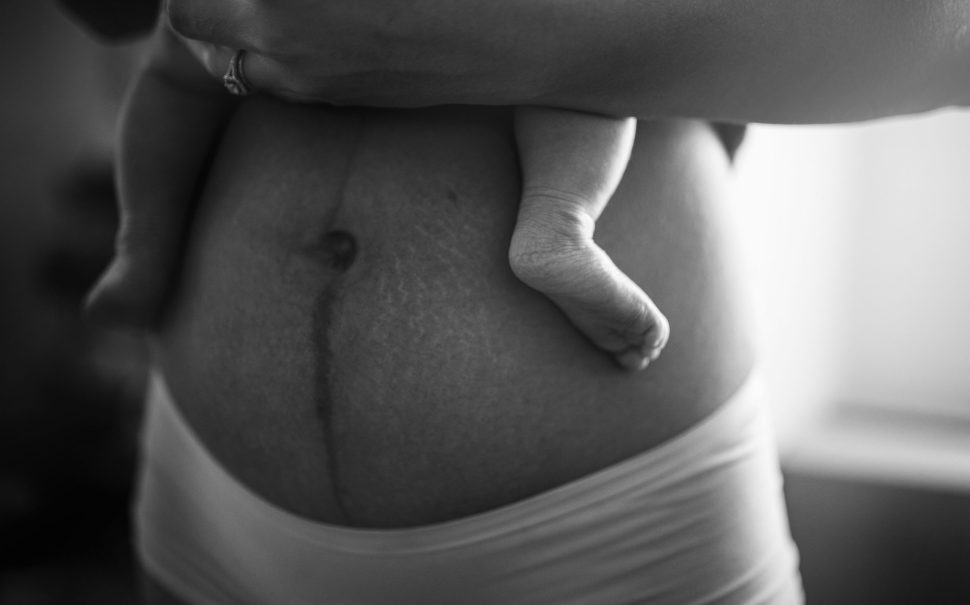A Camden-based organisation are calling for North Central London NHS services to combat discrimination within maternity care.
WinVisible’s campaign comes in light of a report published by The London School of Hygiene and Tropical Medicine and The Missing Billion on 6 March, which found disabled women in the UK face significant inequalities in both maternal and neonatal care.
The Missing Billion co-founder and report co-author Professor Hannah Kuper described how lack of evidence and insufficient funding resulted in such significant disparities.
Kuper said: “The maternity care of disabled women has been overlooked by everybody.
“However, even when there has been data, it’s been ignored due to competing priorities.”
The key findings showed disabled women are 44% more likely to have a stillbirth or neonatal mortality, and are at substantially higher odds of having a caesarean birth.
The research found disabled women face significant challenges in accessing care along with encountering negative attitudes from healthcare professionals.
WinVisible’s co-ordinator Claire Glasman said: “The mums in our group have faced discrimination in all aspects of their lives.
“Many of the women have had healthcare professionals express concerns about how many children they’re having or have even been told by social workers that they shouldn’t be looking after their own children.”
The March report emphasised the need for increased funding and the implementation of specialist disability training.
However, Glasman believes fixing inequalities also begins with challenging biases towards disabled mothers.
She said: “We want healthcare staff to not only be knowledge but to adopt a positive attitude.”

A WinVisible attendee who wished to remain anonymous detailed alleged discrimination and neglect she experienced throughout her pregnancy in 2011 from medical professionals under University College London Hospital (UCLH).
She said: “As my ex-husband has haemoglobin C and I have sickle cell disease and bilateral slipped epiphyses with fourth-grade osteoarthritis of the hips, we did lots of research in preparation.
“We knew it might be challenging but we were elated when we got pregnant with our daughter.”
Although the first few months of pregnancy ran smoothly, complications began to arise at five months when she developed oedema, which caused significant bodily swelling and impacted her mobility.
It was around this time the expectant mother first noticed alleged discriminatory behaviour from healthcare professionals.
She said: “During a nutritionist appointment, I was told that I was getting too fat and that I had to change my diet.
“There was no real thought about the fact that my mobility was already restricted because of my disability and that my blood condition was causing my circulation to slow down.”
In one appointment with a midwife, she claimed she was informed she would potentially have to place her legs in stirrups to give birth.
“I told the midwife that I couldn’t physically do that and she responded by saying that I’ll just have to break my legs then because the baby’s got to get out.
“I was in such shock that I just shut down. I felt completely numb.
“There was just no empathy or care about how I might take be taking in this information.”
At 34 weeks pregnant, she was admitted to hospital due to excessive bleeding, where she was later prepped for a caesarian birth.
Whilst having her epidural administered, the WinVisible attendee felt that there was limited consideration for the constraints of her physical disability.
She said: “They shouted at me saying that I had to remain still or otherwise they’d have to put me to sleep.
“They treated me like I’d done something wrong. It was like my pain wasn’t valid.”
She claimed the medical professionals on the ward attempted to administer the epidural six times before asking for help from a senior member of staff.
Immediately after giving birth, her daughter was taken to the neonatal ward for treatment of pneumonia, while the WinVisible attendee’s health also began to deteriorate.
She said: “When I first haemorrhaged, I was told that there were litres of blood on the floor however, I was just put back into bed, given an internal and left.
“Nobody paid attention to my blood saturation and oxygen levels. They weren’t providing the care that someone with my conditions should’ve been receiving.”
Four days after giving birth, she haemorrhaged once again, alongside developing acute respiratory distress syndrome, which left her struggling to breathe.
This ultimately resulted in her being placed into an induced coma.
The WinVisible attendee believes the alleged discrimination and neglect she experienced throughout her pregnancy also stemmed from institutional racism.
A 2023 study conducted by the Women and Equalities committee found that women from black ethnic backgrounds were four times more likely to die during childbirth than white women, alongside experiencing worse maternal and neonatal care.
She said: “I definitely experienced the stereotype that black women don’t feel pain in the same way as other women.
“As a woman of colour, I was also terrified to voice my complaints.”
In response to her claims, a UCLH spokesperson said: “We are extremely sorry to hear of the upset and difficulties experienced.
“A great deal has changed in the last 15 years and we are confident that this wouldn’t happen today.”
Although the WinVisible attendee has since worked with the research team at UCLH to ensure better outcomes for people in their Intensive Care Unit, she expressed her frustration disabled women across the UK still receive poor maternity care.
In light of the March report, The North Central London Integrated Care Board said: “It is upsetting and unacceptable to hear of cases where care fell below the standards that we would expect.
“In NCL Trusts, we have special measures in place to support pregnant disabled women.
“Through a consultant midwife, obstetrician and any speciality leads, they should have a detailed personalised care plan covering the antenatal, intrapartum and post-natal period.”
Through their Disabled Mothers’ Rights Campaign, WinVisible plans to continue lobbying for North Central London NHS services to embed the report’s recommendations into their maternity policies.
Despite the integrated care board’s emphasis on providing personalised care plans, WinVisible’s co-ordinator believes better communication needs to occur between healthcare teams.
Glasman said: “Like we’ve seen in the case above, personalised care plans often go completely out the window when there’s an emergency.”
Featured image: Arren Mills, free to use via Unsplash





Join the discussion